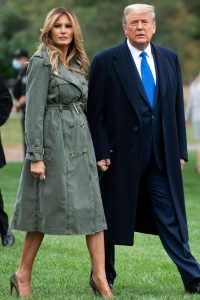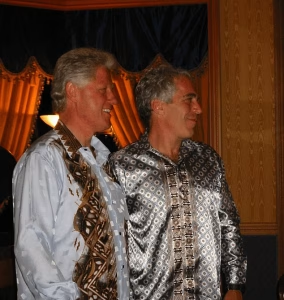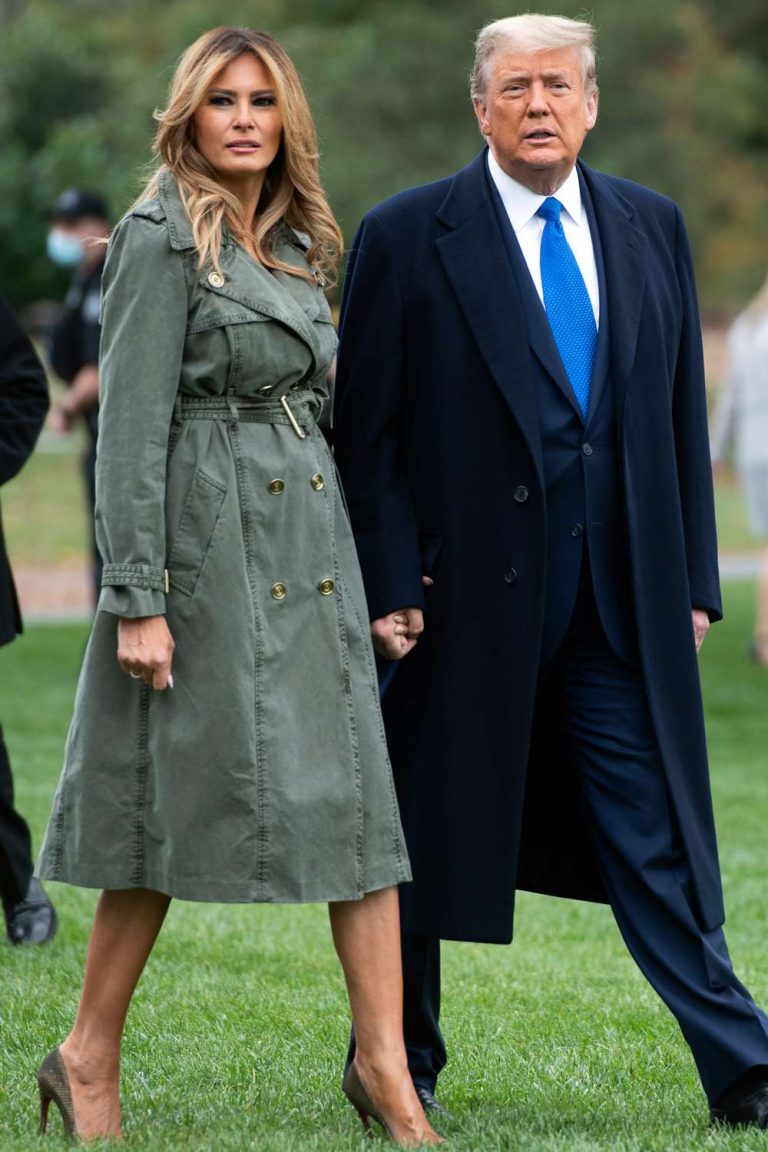The residence of former National Security Adviser John Bolton has once again become the focal point of intense national scrutiny after federal investigators carried out a raid on his home in Bethesda, Maryland, on August 22, 2025. According to court documents unsealed this past week, the FBI seized a wide range of electronic devices and sensitive documents as part of an ongoing probe into whether Bolton mishandled classified information. The revelations have sparked heated debate about government accountability, national security, and the boundaries of presidential power.
A High-Profile Raid
Federal agents entered both Bolton’s Maryland residence and his Washington, D.C., office during the operation. According to the warrant, the raid was linked to allegations that Bolton unlawfully removed classified national security materials while serving as National Security Adviser under President Donald Trump.
The documents confirm that Bolton, age 76, is under active investigation for potential violations of the Espionage Act of 1917, one of the most serious statutes in U.S. law related to national defense information. If ultimately charged and convicted, he could face a prison sentence of up to 25 years.
Political Implications
The raid and subsequent revelations carry weighty political consequences. Bolton has been a polarizing figure in U.S. politics—initially a staunch defender of Trump during parts of his presidency, but later one of his most vocal critics. His book, The Room Where It Happened, published in 2020, contained sharp rebukes of Trump’s foreign policy approach.
For Trump supporters, the investigation validates long-standing claims that figures within prior administrations were given leniency compared to allies of the former president. For critics, the case highlights once again the risks associated with mishandling classified material, regardless of political affiliation.
Potential Legal Exposure
The unsealed records indicate that Bolton is being scrutinized under two provisions of the Espionage Act, which prohibit the unauthorized possession, removal, or transmission of documents related to national defense. Additionally, he faces possible exposure under another statute dealing with the unlawful hoarding of classified material.
At present, Bolton has not been arrested or formally charged. Nonetheless, officials emphasize that a conviction under the statutes in question could carry a sentence of more than two decades behind bars.
A Case Revived
The investigation into Bolton is not entirely new. Senior FBI officials revealed that the case had originally been opened years earlier but was effectively shelved during the administration of President Joe Biden.
The file was reportedly revisited when Kash Patel became FBI Director in February 2025. Shortly thereafter, investigators reopened the probe and pursued the August raid with renewed urgency.
A senior official, speaking to The New York Post, criticized the earlier handling of the matter:
“The [Biden administration] had probable cause to know that he had taken material that was detrimental to the national security of the United States, and they made no effort to retrieve it. That was a friendly administration to [Bolton]. They kept bashing [Trump] the entire time for ‘weaponizing law enforcement,’ and they — by politically stopping a righteous investigation — are the ones who weaponized law enforcement.”
This accusation has fueled political debate about whether past administrations selectively applied justice based on political alignments.
Bolton’s Public Response
Despite the seriousness of the investigation, Bolton has remained visible in the public sphere. He continues to publish commentary on foreign policy, including frequent posts on X (formerly Twitter).
Just days after the raid, he criticized President Trump’s handling of relations with India, writing:
“The White House has set U.S.-India relations back decades, pushing Modi closer to Russia and China. Beijing has cast itself as an alternative to the U.S. and Donald Trump.”
This statement reflects Bolton’s continued willingness to engage in policy debates even as he faces potential legal jeopardy.
Historical Context: Presidents and Sensitive Documents
The Bolton case adds to a growing list of high-profile controversies involving the handling of classified documents. Recent years have seen legal battles involving Hillary Clinton’s private email server, classified documents found in Joe Biden’s garage, and the extensive dispute over Trump’s handling of records at Mar-a-Lago.
Each case has reignited arguments about whether laws are applied evenly or whether political figures receive different treatment depending on their affiliations and positions.
The allegations against Bolton—particularly those involving documents labeled with references to Trump and military operations—have intensified scrutiny, given his once-critical role in shaping U.S. national security policy.
The Espionage Act in Focus
First enacted in 1917, the Espionage Act was designed during World War I to prevent the unauthorized sharing or withholding of information that could harm the U.S. military or aid its enemies. Over the years, it has been applied in various contexts—from prosecuting spies to charging whistleblowers and government officials who mishandled sensitive information.
The law does not require proof of intent to harm the United States. Simply possessing or transmitting restricted documents without authorization can trigger legal liability. For Bolton, this means that even if no malicious intent is proven, unauthorized retention alone could form the basis of charges.
What Investigators Took
Court filings detail the items seized during the FBI’s search, providing a clearer picture of what federal authorities consider important to their case. Among the confiscated materials were:
-
Three computers
-
Two iPhones
-
Two USB drives
-
One external hard drive
-
Multiple boxes of printed and typed documents
-
Four boxes of daily activity logs
Particularly striking were several folders labeled “Trump I – IV” and a binder titled “Statements and Reflections to Allied Strikes.” These labels suggest that at least some of the materials directly referenced Trump-era national security policy and military operations.
According to investigators, officials also suspect that Bolton transmitted certain documents to family members through a private server, potentially exposing sensitive information outside secure government systems.
What Happens Next
At this stage, the investigation remains ongoing, with no formal charges filed. Legal experts suggest that prosecutors will carefully weigh the evidence before moving forward, given both the legal complexities of the Espionage Act and the political sensitivities surrounding a former National Security Adviser.
If charges are filed, Bolton would likely become one of the highest-ranking former officials in modern history to face prosecution under the Espionage Act. That possibility alone underscores the gravity of the case.
Until then, Bolton’s situation serves as another reminder of the delicate balance between transparency, accountability, and the protection of national security information.
Conclusion
The FBI’s raid on John Bolton’s home and office has cast a spotlight on issues at the very heart of American governance: how leaders handle classified information, whether political allegiances shape accountability, and how justice should be applied to those at the highest levels of power.
The seizure of computers, phones, hard drives, and boxes of documents—many with sensitive or Trump-era labels—marks a critical moment in an investigation that could define Bolton’s legacy. With potential charges under the Espionage Act looming, the case now stands as one of the most closely watched legal dramas in Washington.
For now, Bolton remains uncharged, vocal, and unyielding in his critiques of the current administration. But the question lingers: will one of the country’s most prominent national security figures ultimately face prison time for mishandling the very secrets he once swore to protect?

James Jenkins is a celebrated Pulitzer Prize-winning author whose work has reshaped the way readers think about social justice and human rights in America. Raised in Atlanta, Georgia, James grew up in a community that instilled in him both resilience and a strong sense of responsibility toward others. After studying political science and creative writing at Howard University, he worked as a journalist covering civil rights issues before dedicating himself fully to fiction. His novels are known for their sharp, empathetic portraits of marginalized communities and for weaving personal stories with broader political realities. Jenkins’s breakout novel, Shadows of Freedom, won national acclaim for its unflinching look at systemic inequality, while his more recent works explore themes of identity, resilience, and the fight for dignity in the face of oppression. Beyond his novels, James is an active public speaker, lecturing at universities and participating in nonprofit initiatives that support literacy and community empowerment. He believes that storytelling is a way to preserve history and inspire change. When not writing, James enjoys jazz music, mentoring young writers, and traveling with his family to explore cultures and stories around the world.









